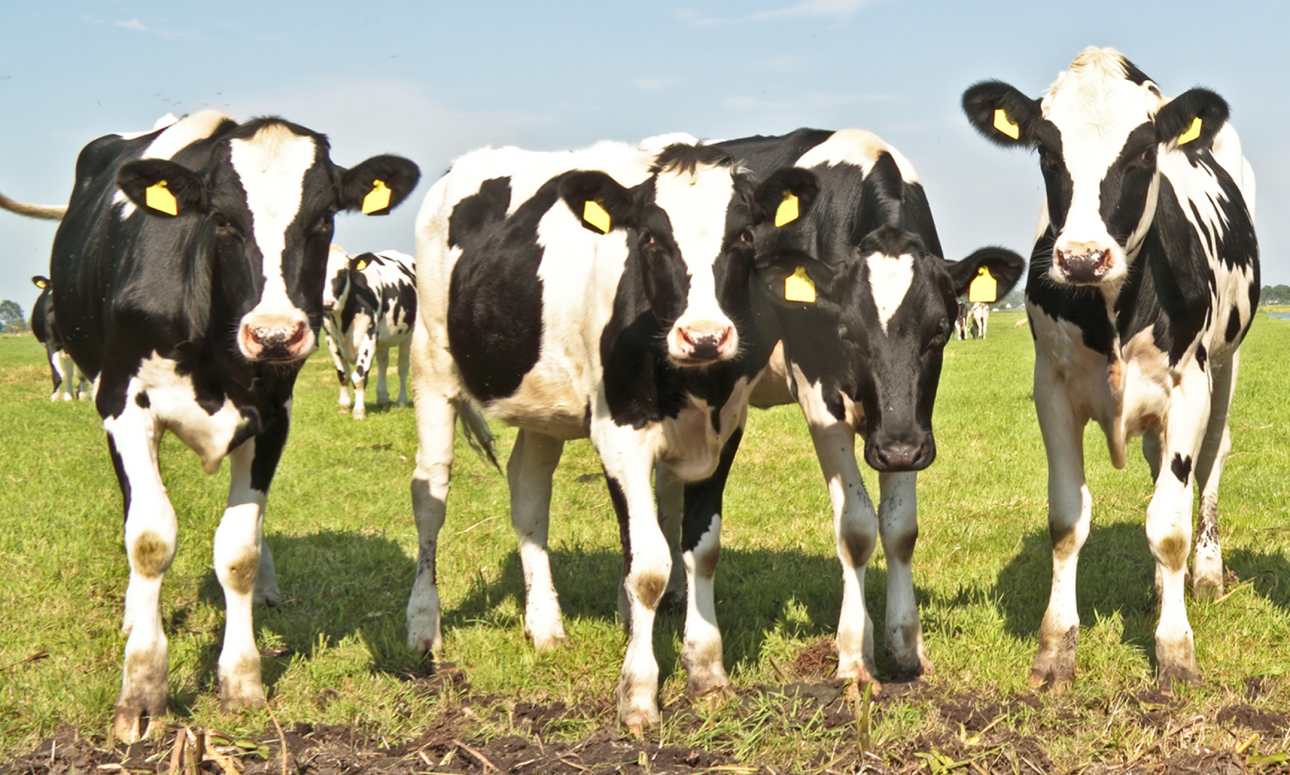Dairy farming is a cornerstone of Kenya’s economy, providing critical economic, social, nutritional, and environmental benefits. Here is a detailed analysis of its multifaceted contributions:
📊 1. Economic Growth and GDP Contribution
-
The dairy sector is a major contributor to Kenya’s agricultural GDP, which accounts for approximately 12% of the national GDP. Specifically, the dairy sub-sector is the largest within agriculture in terms of income generation and employment .
-
It stimulates related industries such as veterinary services, feed manufacturing, milking equipment, and cold chain logistics, creating a multiplicative economic effect .
💼 2. Employment Creation
-
Dairy farming supports an estimated two million people across its value chain, including farmers, milk processors, transporters, and retailers .
-
It reduces rural-urban migration by providing stable livelihoods in rural areas, thereby promoting balanced regional development .
💰 3. Income Generation and Poverty Alleviation
-
It provides a steady income stream for smallholder and large-scale farmers, enabling them to cover essential needs like education, healthcare, and housing .
-
Dairy cooperatives empower farmers by facilitating collective bargaining, ensuring better milk prices, and providing access to resources and markets .
🌍 4. Foreign Exchange Earnings
-
Kenya exports dairy products to neighboring countries, earning valuable foreign exchange. Although not explicitly detailed in the search results, the dairy sector’s role in exports is implied through its significant production scale and economic importance .
🥛 5. Nutritional Security and Health Benefits
-
Milk is a rich source of protein, calcium, and vitamins, crucial for combating malnutrition, especially among children. Regular consumption supports physical and cognitive development .
-
Kenya has one of the highest per capita milk consumption rates in sub-Saharan Africa (82 liters annually), which is expected to rise to 200 liters by 2030 .
🌱 6. Environmental Sustainability
-
Dairy farming promotes sustainable practices such as manure recycling for organic fertilizer, which enhances soil fertility and reduces reliance on chemical fertilizers .
-
Biogas production from cow dung provides renewable energy for cooking and lighting, reducing deforestation and greenhouse gas emissions.
-
Climate-smart practices, like improved pasture management and water harvesting, contribute to carbon sequestration and resilience against climate change.
🔬 7. Innovation and Skill Development
-
Dairy farming encourages the adoption of modern technologies, such as artificial insemination for improved breeds and zero-grazing systems for efficient land use.
-
Training programs and knowledge transfer enhance farmers’ skills in animal husbandry, financial management, and climate adaptation.
🤝 8. Social and Community Development
-
Dairy cooperatives strengthen community ties by funding local projects like schools and healthcare facilities .
-
Gender inclusivity is promoted as women actively participate in dairy activities, gaining economic independence and decision-making power .
📈 9. Market Stability and Value Chain Development
-
The dairy sector supports a robust value chain, from input suppliers to processors and retailers, ensuring market stability and reducing post-harvest losses .
-
Rising demand for dairy products, driven by urbanization and population growth, offers opportunities for market expansion and value addition (e.g., cheese, yogurt) .
⚙️ 10. Climate Resilience and Adaptive Practices
-
In regions like Nyandarua, farmers adopt climate-smart techniques (e.g., water pans for irrigation, drought-resistant fodder) to mitigate impacts of unpredictable weather .
-
Diversification into hardier breeds (e.g., Sahiwal) in arid areas ensures sustained production despite climatic challenges .
💎 Conclusion:
Dairy farming is integral to Kenya’s economy, fostering growth, sustainability, and resilience. Its benefits extend beyond economics to include social, health, and environmental advancements. For farmers seeking to maximize these benefits, Uwezo Farm offers expert guidance and high-quality dairy cows tailored to Kenya’s diverse conditions.
Uwezo Farm 🐄
📍 Miharati, Kipipiri, Nyandarua
📞 0717 548 103 (Call/WhatsApp)
✉️ info@uwezofarm.co.ke
🌐 www.uwezofarm.co.ke

